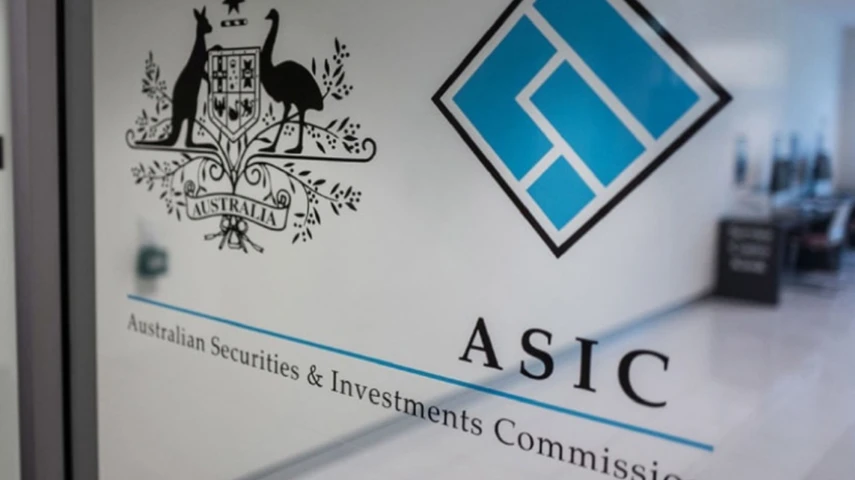ASIC Eases Licensing Rules For Stablecoin Distributors In Australia


The ASIC Corporations (Stablecoin Distribution Exemption) Instrument 2025/631 represents a significant modification to the rules established by the Australian Securities and Investments Commission (ASIC).
This allows intermediaries that distribute stablecoins from companies holding an Australian Financial Services (AFS) license to do so without obtaining separate AFS licenses for the market or clearing and settlement facilities. This step aims to simplify compliance for businesses and foster innovation in Australia’s digital asset sector.
What The Exemption Covers
The new exemption applies to intermediaries that deal with stablecoins considered financial products under the Corporations Act, provided that companies regulated by the AFS issue them. It includes activities such as providing general advice, developing markets, trading stablecoins (excluding the issuance of them), and offering custodial services.
Catena Digital’s AUDM, an Australian dollar-denominated stablecoin, is now the first to meet this qualification. ASIC is open to extending relief if more issuers get. To ensure everything is clear, intermediaries must provide clients with the issuer’s product disclosure statement.
Comments From The Industry and Rules That Apply
ASIC’s consultation from December 2024 raised concerns about excessive compliance costs for intermediaries, which is why the exemption was introduced. Industry professionals stated that these fees made it hard for businesses to remain open, particularly during the transition to a proposed payment stablecoin structure.
The reprieve, which lasts until June 2028, serves as a bridge until more significant changes can be implemented. This aligns with Australia’s goal of being a leader in responsible cryptocurrency innovation, which involves striking a balance between expansion and consumer protection.
What This Means For The Crypto Market
exemption reduces the barriers for platforms, payment platforms, and fintech businesses by eliminating the requirement for secondary licenses. This could accelerate the adoption of stablecoins and blockchain-based services in Australia, making the industry more competitive globally.
The relief ensures that licensed issuers are in charge, which maintains high regulatory standards while still promoting new ideas. Experts in the field, including Steve Vallas of APAC, appreciate the practical approach, noting that it simplifies things for intermediaries while they await a solid, stable foundation for stablecoins.
ASIC’s decision demonstrates that it is taking the initiative to keep pace with the evolving digital asset landscape. As more stablecoin issuers apply for AFS licenses, the exemption’s reach may expand, making a potential hub for crypto innovation.
The regulator is still in contact with individuals, and it is expected that its INFO 225 guidance will be updated soon. This will make the rules for digital assets further straightforward.







